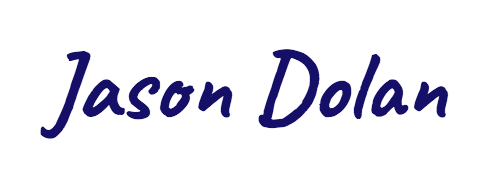I’ve never thought of myself as a photographer. And that’s not like the way I write a lot, but still often don’t really consider myself a writer because I haven’t achieved traditional success. I don’t consider myself a photographer because I rarely ever take photographs. For example, the only thing I’ve posted to my personal Instagram account in the last two years is a video of a roomba-type robot mowing the lawn of my hotel in front of a fjord in Norway.
But I’ve aspired to change that with this blog and catch people doing creative things during my day and share those moments with the world (or with my 84 current WDYC Instagram followers). To do that, I’ve gone out and asked myself a question similar to the one that Dewitt Jones asks himself every time he picks up his camera: “what’s creative about this?”
Now, that question is often quickly followed by a sarcastic voice in my head saying, “yeah…that’s definitely not Instagram-worthy, so put your phone away, move along, and don’t embarrass yourself.” And so I usually do put the phone away and move along. But sometimes I tell that voice to f off and I take the photo anyway and then blast music in my headphones to quiet the inner skeptic as I post the pic to Instagram and then sit back and watch as I rack up four or five likes. Take that, inner skeptic!
What I’ve enjoyed about this activity is not just the dopamine rush that comes from my social media validation, but also the way it changes my mindset as I go about my day. I’m not just trudging along from home to work and then back again. I’m searching for what is creative in the world and it’s giving my daily commute a purpose.
This is exactly what portrait photographer, Annie Leibovitz, said in her Master Class about why individuals should consider taking up photography: "It's actually a wonderful medium for a young person to just go out and discover themselves and discover the world around them and it gives them permission to go out and look and have a purpose and observe."
Now, I’ve only taken a few photos so far, so I obviously need to improve in my ability to recognize and celebrate creativity, but as Dewitt Jones said in his Ted Talk, “The more I just went out and celebrated the best in humanity, the more I could see it." So I just need to keep going out and asking myself the same question: what’s creative about this?
And if I still can’t see it, I might just need to veer off the traditional path I take to find an answer to the question. Which is what I did today when I discovered this neighborhood spookiness creator a quarter mile from my house. Shut up, inner skeptic. I’m posting it to Instagram anyway.




